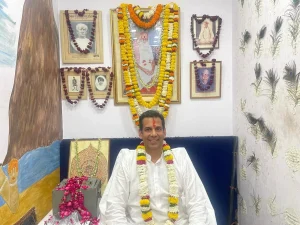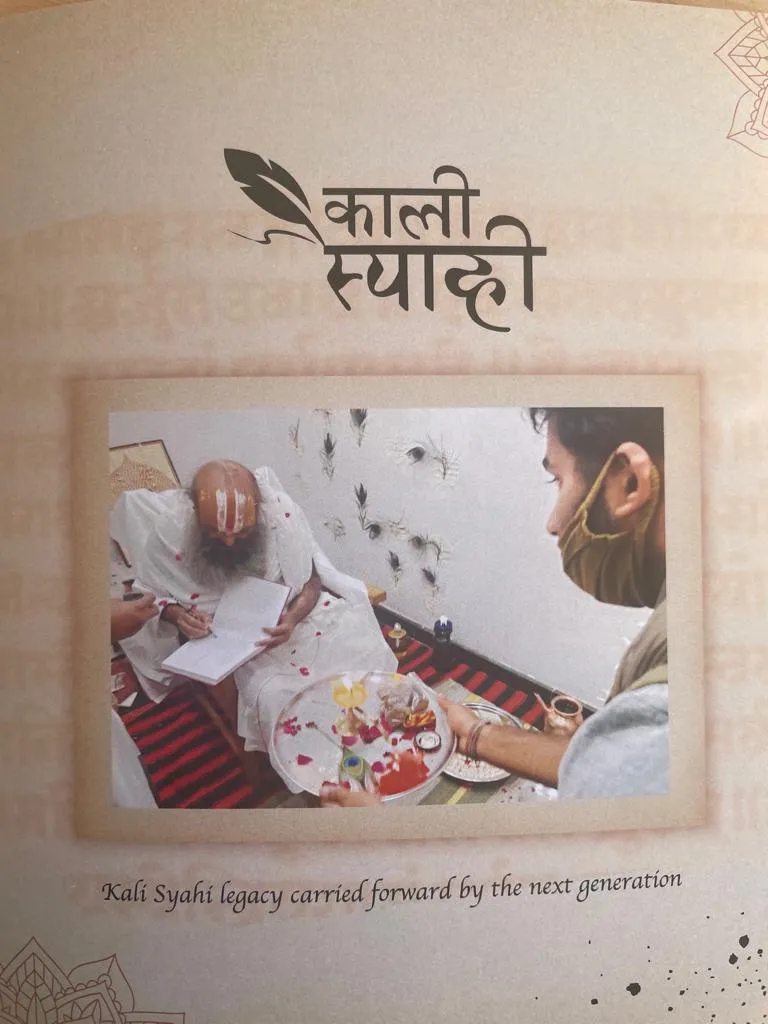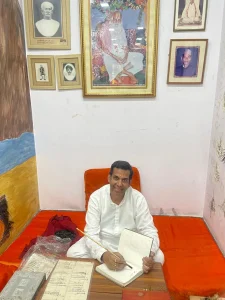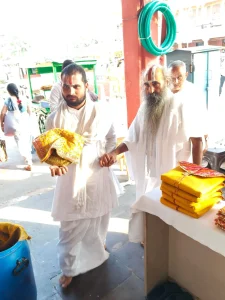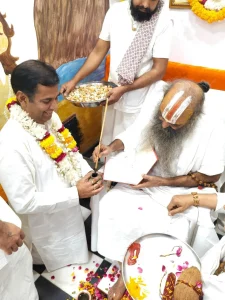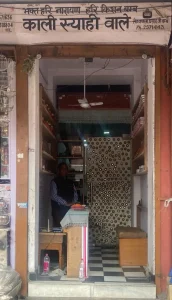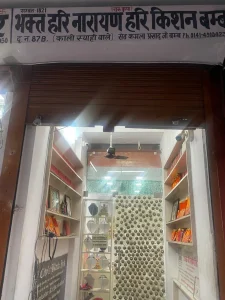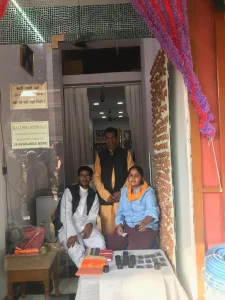Every Diwali, a Jaipur family revives a 256-year-old royal tradition — making Kali Syahi, the indelible black ink once used by kings. What was once a royal craft now casts its own black magic of faith, heritage, and devotion.
Jaipur, fondly known as the Pink City, is an example of how heritage and modernity walk hand-in-hand. And there is one family in Jaipur that has held on to a tradition for the past 256 years — not for fame, but for faith. In the Walled City’s Tripolia Bazaar, the Bomb family makes black ink (Kali Syahi), the same ink their ancestors once made for royals. This is a story that will never fade — just like the ink itself. Amid the Walled City’s pink-hued facades, this legacy has been a witness to heritage and modernity for centuries. This incredible black ink, known as Kali Syahi, was used by the rulers of the Kachhwaha dynasty for both royal decrees and official documents.
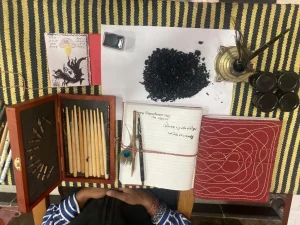
A Royal Legacy
In the 18th century, the Kachhwaha rulers invited the family from Sanganer to Jaipur to start their work in the Walled City’s Tripolia Bazaar (now one of Jaipur’s busiest marketplaces) and set up Kali Syahi ki Dukan (The Shop of Black Ink). What started as an artisan’s pursuit has now become part of the city’s cultural life. Years ago, this ink was used for royal decrees, ledgers, and academic degrees.
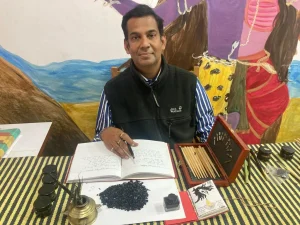
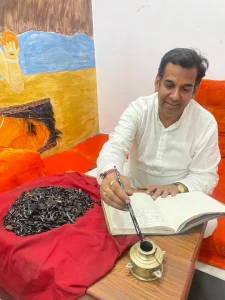
How is Kali Syahi Prepared?
The fourth-generation Bomb family—jewellers by profession—come together from Germany every year during the no-moon night (Amavasya) and begin the ritual of making the black ink. Calling it an act of devotion, the current head of the family, Lokesh Bomb, shares that for him, this is more than a ritual—it is a legacy that needs to be preserved.
Talking about the process, Lokesh Bomb says, “The process is simple but must be done with great care and purity. We mix ingredients like kajal, gondh, gallnuts, and herbal extracts—following our ancestral recipe. While mixing and preparing the ink, mantras are chanted.”
He explains that the result isn’t just ink—it never fades, and it is believed to act as a protector and bring prosperity. “This isn’t just tradition; the ingredients are rich in iron salts and tannins, making it Ayurvedic. Earlier, hakims even used it to treat skin disorders,” he adds.
Although demand for this black ink has nearly vanished, Lokesh continues to keep the tradition alive — patiently collecting ingredients and preparing the black paste every year.
